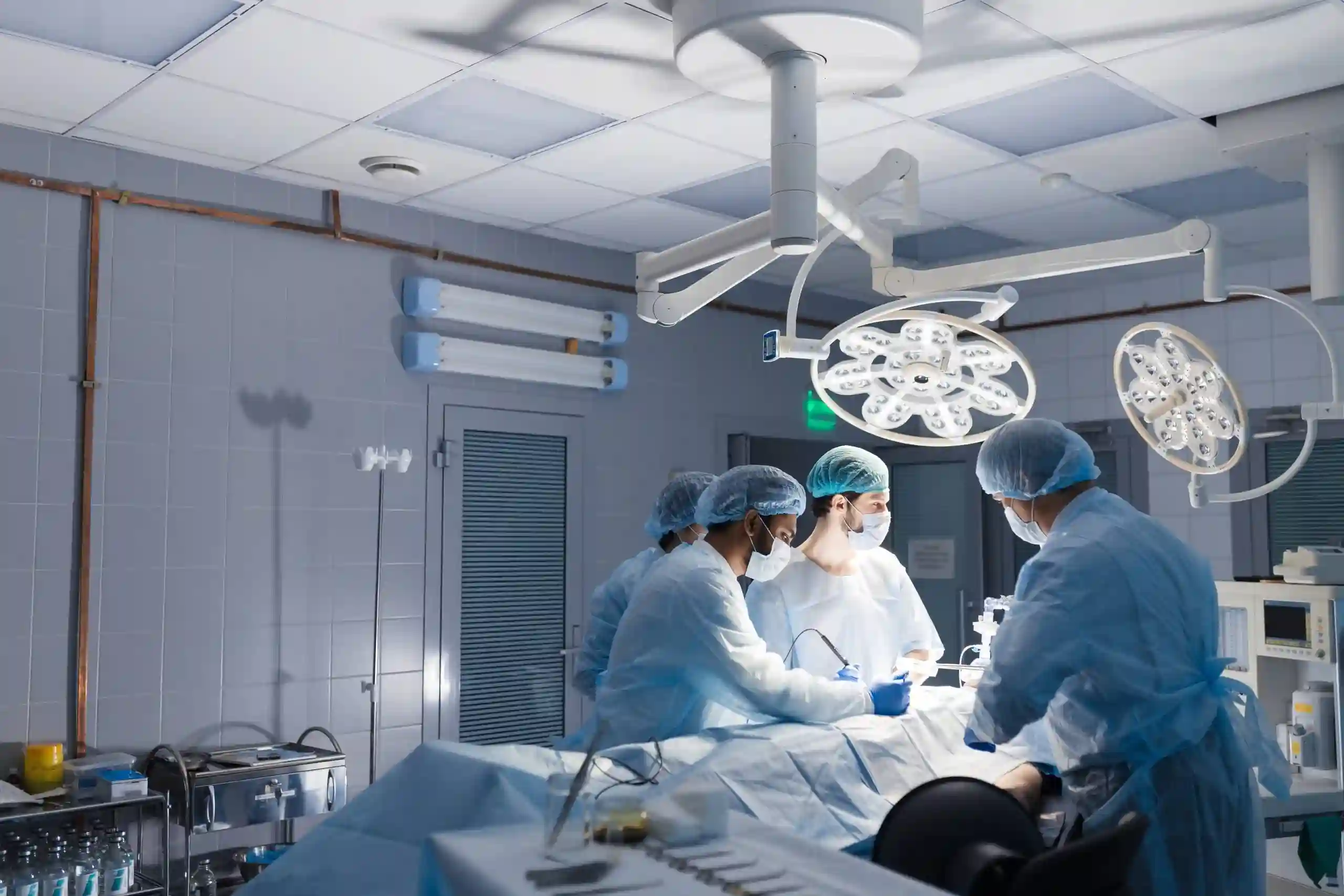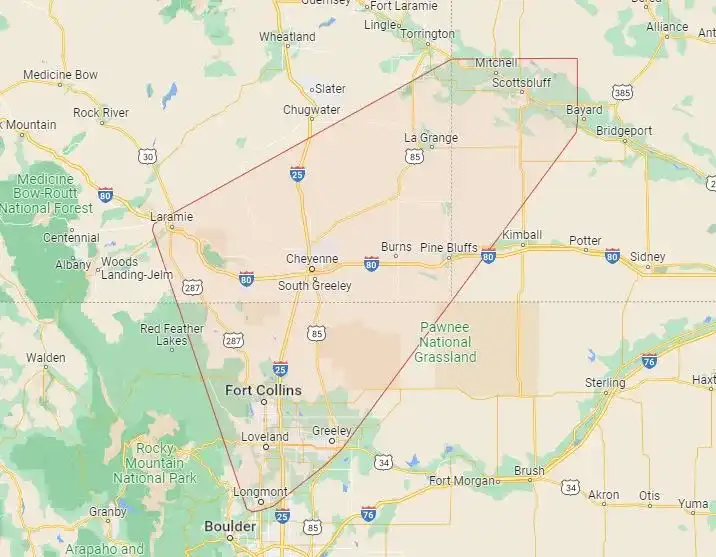Complex Biliary Surgery
 The biliary system refers to the organs that are responsible for producing and storing bile. Bile is a fluid that aids the process of nutrient absorption, digesting fat, and waste removal. When someone develops a tumor within the bile duct, gallbladder, liver, or pancreas, surgery is usually required. Complex biliary surgery consists of an operation on the gallbladder, bile ducts, and other structures involved in producing and transporting bile between the liver and the gastrointestinal tract. The biliary tree consisting of the liver, gallbladder, and bile ducts is essential to the body’s digestive and metabolic functions. These enzymes are involved in converting food into energy. These organs can be affected by several disorders including gallstones and liver cancer.
The biliary system refers to the organs that are responsible for producing and storing bile. Bile is a fluid that aids the process of nutrient absorption, digesting fat, and waste removal. When someone develops a tumor within the bile duct, gallbladder, liver, or pancreas, surgery is usually required. Complex biliary surgery consists of an operation on the gallbladder, bile ducts, and other structures involved in producing and transporting bile between the liver and the gastrointestinal tract. The biliary tree consisting of the liver, gallbladder, and bile ducts is essential to the body’s digestive and metabolic functions. These enzymes are involved in converting food into energy. These organs can be affected by several disorders including gallstones and liver cancer.
Historically, this surgery has used open abdominal methods. However, more modern techniques include laparoscopy and minimally invasive robotic surgery.
HPB Procedure for liver and pancreas
Treating various GI issues
Hepatic Arterial Infusion Chemotherapy
Complex abdominal surgical procedures
Abdominal transplant procedure
Other biliary, liver and pancreas surgeries
 Biliary surgery is perhaps the most complex surgical procedure since it involves more than one organ; liver, gallbladder, and bile ducts. Once these organs are dissected, the surgeon must reconnect the remaining organs to have a semblance of normal functioning.
Biliary surgery is perhaps the most complex surgical procedure since it involves more than one organ; liver, gallbladder, and bile ducts. Once these organs are dissected, the surgeon must reconnect the remaining organs to have a semblance of normal functioning.
When technically practical, minimally invasive duct repair (robotic) is preferred because of the reduced rate of complications after surgery, faster recovery, less pain, and returning to work earlier. Robotic complex biliary surgery enables highly precise dissecting of the bile ducts, hepatic artery, and portal vein.
Robotic surgery makes it possible to delicately suture the bile ducts and avoid fistula or leaks after surgery. However, robotic surgery enables the surgeon to do this more accurately and with less need for making big incisions, which gives the patient greater chances of healing successfully. Compared to the traditional laparoscopic technique, robotic complex biliary surgery is known for resulting in better outcomes
Before surgery
Patient preoperative preparations include:
- An office visit for surgical consultation which includes a comprehensive history and physical, discussion of the details of the treatment plan, tests, and surgical procedure.
- Completion of clinical tests for workup and staging.
- Multidisciplinary tumor board review for an expert recommendation regarding treatment strategy.
After surgery
Generally, post-surgery care involves;
- A brief admission to the ICU may be required for complex procedures. Recovery then continues in the hospital ward for another three to five days. Procedures performed robotically typically have faster recovery and can expect discharge from the hospital one or two days earlier than after open procedures.
- The goals of postoperative care include: monitoring for and intervening on any complications that can occur, awaiting the resumption of normal bowel function, maintaining adequate hydration and nutrition, physical and occupational rehabilitation, and providing adequate pain control. Once these measures are met, the patient is discharged from the hospital. A post-operative follow-up office visit is typically scheduled one week from hospital discharge with Dr. Tierney.


